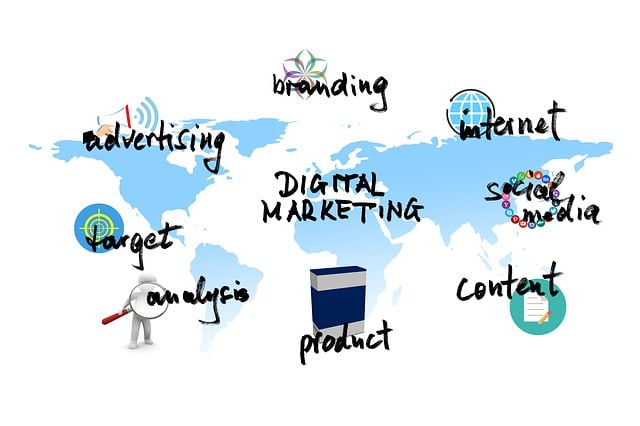AI-driven plant growth forecasting is transforming sustainable landscaping, empowering professionals with data-informed decisions for optimal resource allocation like fertilizer management. This technology predicts plant development accurately and supports the selection of pollinator-friendly plants, promoting biodiversity and minimizing environmental impact. By combining AI algorithms with real-time data, landscape managers can create thriving, eco-friendly spaces that balance plant vitality and ecological sustainability.
“Explore the future of eco-conscious landscaping with AI fertilizer analytics. This article delves into cutting-edge technologies transforming sustainable gardening practices. We examine how AI-powered plant growth forecasting predicts and optimizes resource needs, especially in promoting pollinator-friendly species. By analyzing data on fertilizer usage, we uncover efficient methods to enhance ecosystem health while reducing environmental impact. Discover how these innovative strategies contribute to a greener world.”
- AI-Powered Plant Growth Forecasting: Revolutionizing Sustainable Landscaping
- The Role of AI in Optimizing Fertilizer Usage for Eco-Friendly Practices
- Enhancing Ecosystem Health: Pollinator-Friendly Plant Choices and Data Analytics
AI-Powered Plant Growth Forecasting: Revolutionizing Sustainable Landscaping

AI-driven plant growth forecasting is transforming sustainable landscaping practices, offering a promising solution for eco-conscious professionals. By leveraging machine learning algorithms and vast datasets, this technology predicts plant development with remarkable accuracy, enabling landscapers to make data-informed decisions. This innovative approach ensures optimal resource allocation, from water and fertilizer usage to pest management, thereby fostering healthier and more vibrant green spaces while minimizing environmental impact.
Imagine being able to anticipate the precise timing for fertilizing or watering based on AI insights, leading to reduced waste and conservation of precious resources. Additionally, this technology can optimize support for pollinator-friendly plant choices, contributing to biodiversity and sustainable ecosystems. With AI pollinator-friendly plant forecasting, landscapers can create lush, thriving environments that benefit both plants and the planet.
The Role of AI in Optimizing Fertilizer Usage for Eco-Friendly Practices

Artificial Intelligence (AI) is transforming sustainable landscaping practices by offering precise and data-driven solutions for fertilizer management. This technology plays a pivotal role in optimizing fertilizer usage, ensuring eco-friendly approaches that benefit both the environment and plant health. By leveraging AI algorithms, landscaping professionals can predict the optimal time and amount of fertilizer application based on real-time plant data and weather forecasts.
One notable application is AI pollinator-friendly plant forecasting, which considers the specific nutritional needs of plants at different stages of growth while also accounting for environmental factors that may affect pollinator activity. This forecasting capability helps reduce excess fertilizer use, minimizing the potential harm to beneficial insects and water bodies. Through smart analytics, AI enables landscaping teams to make informed decisions, fostering a harmonious balance between plant vitality and ecological sustainability.
Enhancing Ecosystem Health: Pollinator-Friendly Plant Choices and Data Analytics

In today’s digital era, leveraging AI for eco-friendly sustainable landscaping offers a promising path forward in enhancing ecosystem health. By integrating AI algorithms with pollinator-friendly plant forecasting, landscape architects and gardeners can make data-driven decisions to create thriving habitats that support bees, butterflies, and other vital pollinators. This approach ensures the strategic selection of plants that not only flourish under specific conditions but also contribute to a balanced and resilient ecosystem.
AI analytics enables real-time monitoring of plant health, weather patterns, and pollinator activity, allowing for precise fertilizer application and usage. Through this, over-fertilization—a common issue that can harm water sources and contribute to environmental degradation—can be avoided. By understanding the optimal plant choices and their interaction with pollinators through AI forecasting, land managers can create beautiful, sustainable landscapes that support biodiversity while minimizing their ecological footprint.
AI is transforming sustainable landscaping practices, from precise fertilizer application to predicting plant growth and choosing pollinator-friendly species. By leveraging data analytics, we can optimize resource usage, enhance ecosystem health, and create vibrant, eco-conscious outdoor spaces. The future of landscaping lies in these intelligent, nature-inspired solutions that balance beauty with environmental stewardship.
